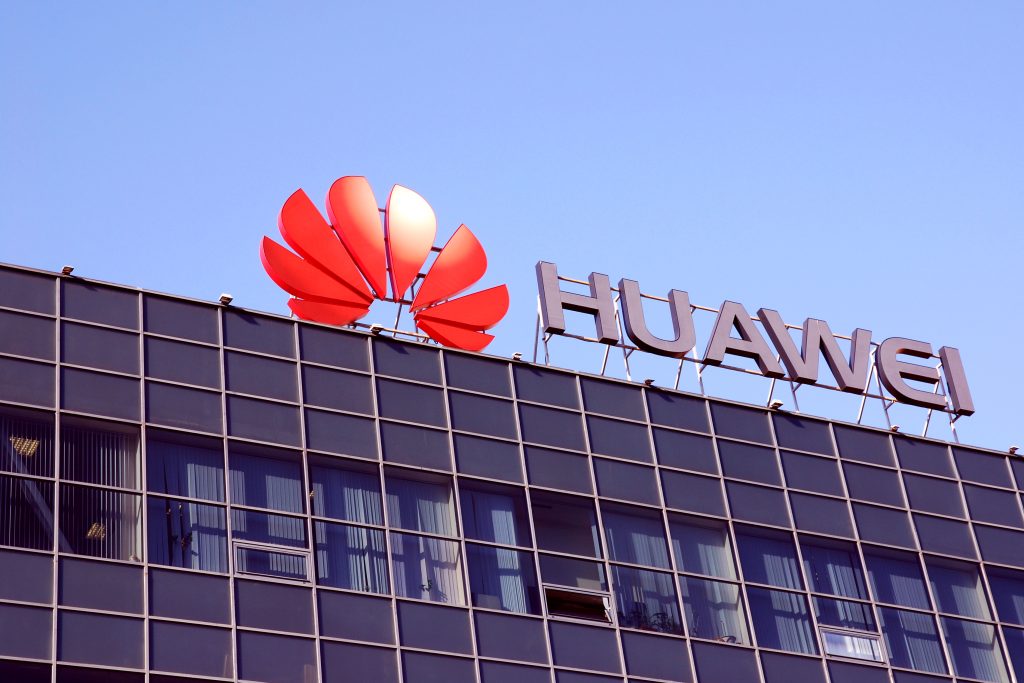Huawei aims to mass-produce advanced AI chip by 2025
Tech firm’s AI chip production struggles amid US-China tech rivalry.

Huawei plans to begin mass-producing its Ascend 910C AI chip in early 2025, despite ongoing struggles to achieve sufficient production yields due to US trade restrictions. The Chinese telecom giant has already sent samples to tech firms and started taking orders for the chip, designed to rival Nvidia’s high-performance processors. The company faces significant challenges, as restrictions on advanced manufacturing technologies have limited its chip-making efficiency.
The Ascend 910C is produced by Semiconductor Manufacturing International Corp (SMIC) using an N+2 process but suffers from a yield of just 20%—far below the 70% required for commercial viability. Previous Huawei processors, including the 910B, achieved yields of around 50%, leading to delays in fulfilling orders from major clients like ByteDance. Washington’s restrictions, which prevent access to critical Dutch lithography equipment, have further constrained China’s ability to produce advanced semiconductors.
Huawei’s reliance on SMIC has been costly, with chips produced on its advanced nodes priced up to 50% higher than alternatives. While the company has sought supplemental production from Taiwan’s TSMC, US authorities have tightened export controls, limiting access to cutting-edge chips and forcing Huawei to prioritise strategic government and corporate orders. The escalating trade tensions underscore the geopolitical struggle between the US and China over technological dominance, with both nations doubling down on policies to secure their interests.
As Beijing pushes for self-reliance in semiconductors, Huawei’s production challenges reflect the broader impact of US restrictions on China’s tech sector. With further curbs on the horizon, Huawei’s success in advancing its AI chips may shape the next phase of the US -China tech rivalry.
